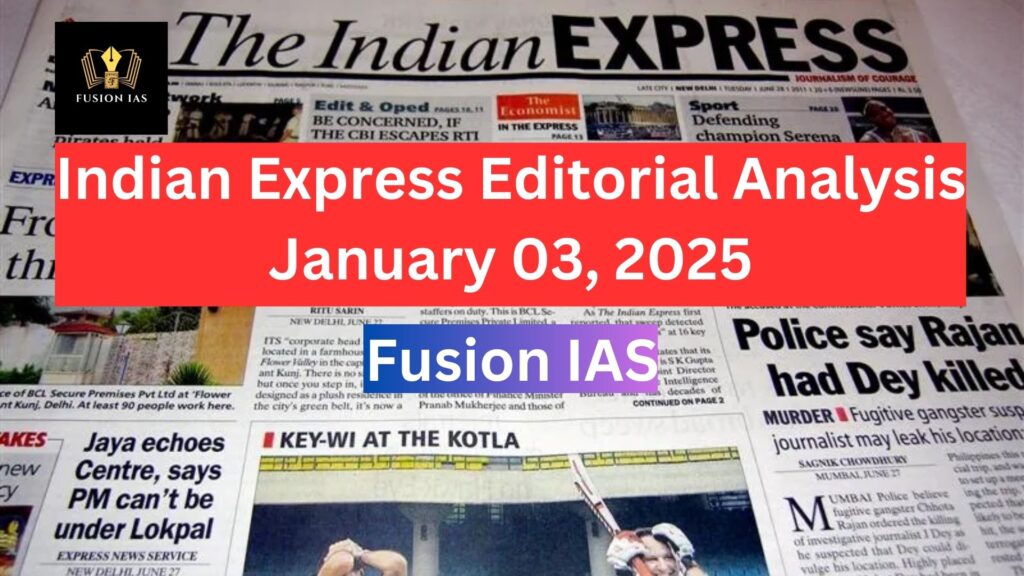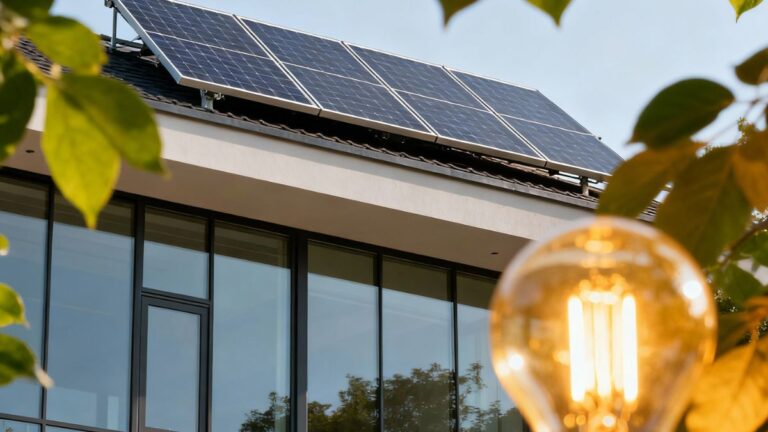
The Indian Express editorial analysis offers valuable insights into current issues affecting India, providing a critical understanding of socio-political and economic matters. For UPSC CSE preparation, such editorials are essential for developing analytical skills, enhancing understanding of governance, and applying knowledge to relevant General Studies topics. Through editorial analysis, aspirants can engage with contemporary issues, assess policy impacts, and build a nuanced perspective required for the examination.
1. Cash transfers are not a panacea — they are merely quick-fix populism for electoral gains
Introduction:
- Cash transfers are being used by political parties as short-term, populist measures for electoral gains.
- These transfers are not always effective welfare solutions and are becoming a political tool rather than a long-term strategy.
History and Purpose of Cash Transfers:
- Cash transfer schemes like the National Social Assistance Programme (NSAP) have been used for vulnerable groups (elderly, widowed, disabled).
- Initially meant as safety nets, these transfers have expanded to address broader issues such as women’s empowerment, agrarian distress, and unemployment.
Political Appeal of Cash Transfers:
- Easy to implement and provide direct benefits to voters.
- Bypass bureaucratic hurdles, making them attractive to political parties.
- Used primarily for short-term electoral gains, especially before elections.
Effectiveness of Cash Transfers:
- Limited evidence on their success in achieving intended outcomes.
- Studies on women’s empowerment (e.g., in Latin America) have shown inconclusive results.
- Farmers’ incomes have declined despite schemes like PM-KISAN.
- Cash transfers alone do not address deep-rooted socio-economic issues.
Cash Transfers as a Quick-Fix:
- Using cash transfers as a one-size-fits-all solution oversimplifies complex social problems.
- Long-term reforms in health, education, and infrastructure require substantial investment and policy interventions.
- Governments with short-term election cycles tend to prioritize immediate, visible measures like cash transfers.
Cash Transfers vs. Structural Reforms:
- Cash transfers can complement social safety nets (e.g., maternity schemes, scholarships).
- However, they cannot replace the state’s role in providing essential services like health, education, and infrastructure.
- Overemphasis on cash transfers can lead to fiscal strain, diverting resources from critical sectors.
Conclusion:
- Cash transfers should supplement, not replace, broader state investment in essential services.
- Over-reliance on cash transfers for electoral gains may have harmful long-term effects on the economy and governance.
- A nuanced approach is necessary to balance short-term relief with long-term reforms.
Source: IE
2. 2024 was the hottest year — 2025 could be hotter
2024 as the Hottest Year
- The India Meteorological Department (IMD) has declared that 2024 was the hottest year in India since 1901, a warning that should prompt global policymakers to take immediate action.
- Although the World Meteorological Organisation (WMO) has not officially confirmed the year as the hottest, there is enough evidence that it holds the record globally.
- Both the IMD and WMO have warned that 2025 could be even hotter, indicating worsening global warming trends.
Urgency for Preparedness and Adaptation
- India is on track to meet its climate goals, but most Western countries are lagging behind.
- Indian policymakers need to urgently build guardrails to protect the country from extreme climate events such as floods, droughts, cyclones, and heatwaves.
- Critical measures include:
- Framing heat action plans.
- Building sea walls.
- Improving disaster-management systems.
- Overhauling drainage systems to prevent urban flooding.
- Installing irrigation systems to combat water scarcity.
- Climate-proofing agriculture to ensure food security.
Economic Vulnerabilities due to Climate Change
- More than 30% of India’s GDP is generated by sectors highly dependent on nature, such as agriculture, forestry, water, power utilities, and construction.
- A study by the World Economic Forum projects a 16% decline in agricultural output over the next five years, which would reduce GDP by more than 2.5%.
- According to a report by global consultancy CBRE, nearly 50% of India’s infrastructure is at risk due to extreme weather events.
- The Reserve Bank of India has also highlighted the risks posed by climate change to financial stability and growth.
Data Gaps and Climate Risk Information
- While there is growing awareness of climate risks, data collection on climate vulnerabilities in India remains fragmented.
- The RBI’s Climate Risk Information System, established last year, is a timely step to address these gaps. This system focuses on local-level climate risks, which are crucial given the country’s diverse climate vulnerabilities.
Political Response and Short-Term Focus
- Despite warnings from institutions like the IMD, RBI, and academia, India’s political class has largely ignored the climate crisis.
- Issues like outdated drainage systems, poor air quality, sea-level rise, and the loss of green spaces have not been addressed adequately, even during election periods.
- Political conversations and responses to climate-related disasters have been reactive rather than proactive, with most measures taken only during or after emergencies.
Short-Term Measures Are Insufficient
- Floods, droughts, cyclones, and heatwaves cannot be tackled with short-term fixes.
- These challenges require long-term, comprehensive policies and actions, including local-level climate action, that go beyond immediate relief and rescue operations.
Conclusion
- Addressing climate change requires a shift in focus from short-term emergency responses to long-term sustainable solutions.
- India needs to invest in disaster preparedness, resilience building, and infrastructure development to handle climate risks effectively.
- There is an urgent need for political commitment to tackle climate change as an ongoing crisis, with proactive, planned interventions.
Source: IE
Also Read: The Hindu Editorial Analysis- Jan 03, 2025
Disclaimer:
This analysis is based on the editorial content published in Indian Express and is intended solely for informational and educational purposes. The views, opinions, and interpretations expressed herein are those of the author of original article. Readers are encouraged to refer to the original article for complete context and to exercise their own judgment while interpreting the analysis. The analysis does not constitute professional advice or endorsement of any political, economic, or social perspective.
Follow Fusion IAS


